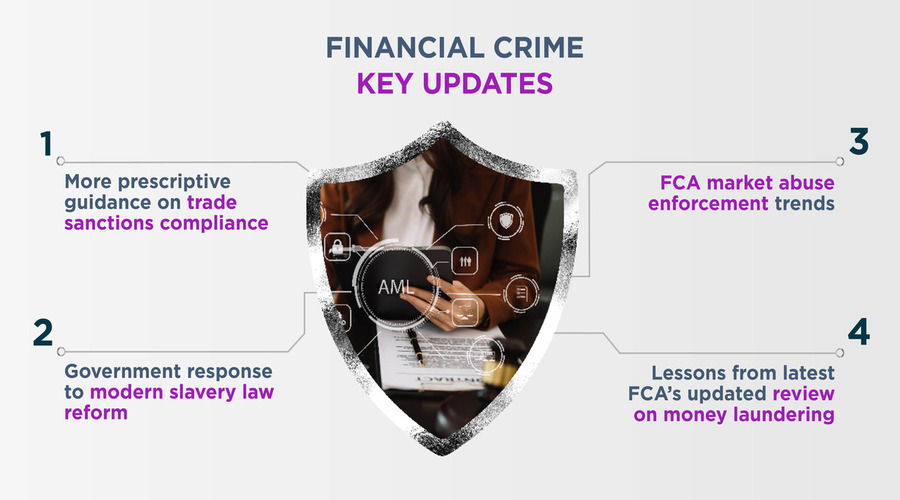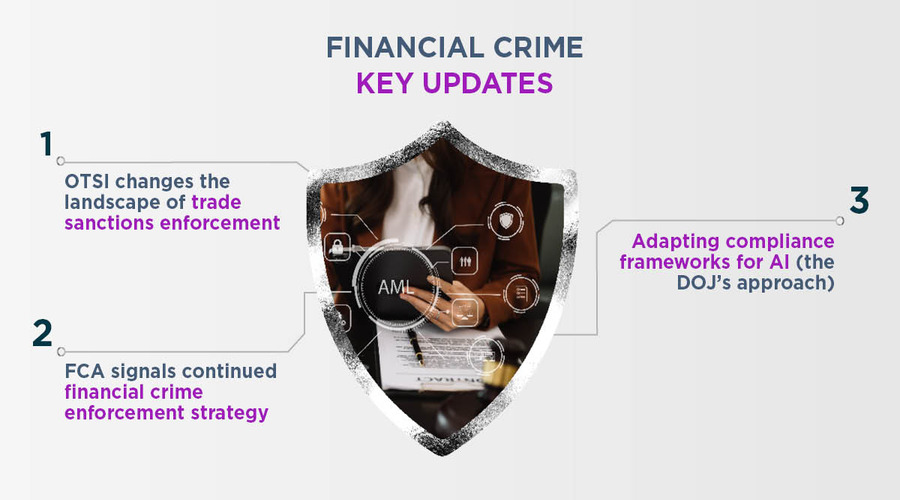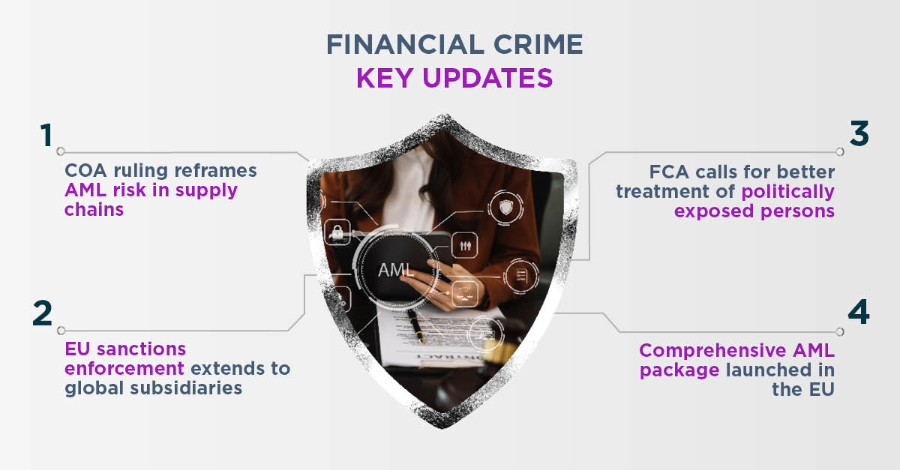Background to litigation
Mr. Markou, was the CEO (SMF1 and SMF3) of a regulated financial services firm, responsible for establishing and maintaining the firm's systems and controls and for ensuring it complied with the regulatory system. These included supervising relevant staff and ensuring that an appropriate level of professional indemnity insurance (PII) cover was in place.
In 2021, the FCA issued a Decision Notice finding that Mr Markou had breached Statement of Principle 1 (integrity) by failing to implement his firm's policies to combat mortgage fraud, to supervise properly the two mortgage advisors who carried out the firm's day-to-day business, and to take sufficient steps to prevent the firm from transacting regulated mortgage business during a period in 2017 when he knew it had no PII cover in place. It withdrew his approval to carry on the SMF1 and SMF3 functions, made a prohibition order against him, also imposing a financial penalty of £25,000.
Mr. Markou successfully challenged the FCA's decision before the UT in 2023, among other things making a series of arguments about the state of his knowledge about PII cover. Although the UT found that it did not have jurisdiction to consider some of the matters referred to it, it found (in summary) that Mr Markou's conduct did not demonstrate a failure to act with integrity and that he did not act dishonestly or recklessly in any regard. It remitted the matter to the FCA to decide whether Mr Markou had failed to act with due skill, care and diligence, but otherwise determined that the appropriate action for the FCA to take was to impose no financial penalty and no disciplinary sanction.
The FCA appealed the UT's decision to the CA on a series of grounds, alleging in particular that the UT had reached an irrational conclusion that recklessness was not established, and that the UT had erred in fact and in law in a number of other areas.
Decision of the Court of Appeal
The CA allowed a considerable part, but not all, of the FCA's appeal.
First, in its earlier decision in the case, the UT had ruled that it lacked jurisdiction to consider allegations that Mr Markou had recklessly misled the FCA, and misled the UT in oral evidence, because these were not 'of the same nature and based on the same factual background as the allegations made to the RDC and contained in the Warning and Decision Notices'.
Applying its earlier decision in the case of Bluecrest, the CA disagreed, finding that the UT did have jurisdiction to consider these allegations because there was a sufficient relationship between the matter referred and the FCA decision which triggered the right to refer. In particular, there was a 'real and sufficient connection with the subject matter of the process, in the sense of its procedural or substantive content, which had culminated in the decision notice or supervisory notice'. The ground of the FCA's appeal therefore succeeded. The CA found, however, that that by itself that success was not sufficient to justify the CA interfering with the UT's decision.
Secondly, the CA found that the UT had correctly directed itself on the legal test for recklessness ("A person acts recklessly with respect to a result if he is aware of a risk that it will occur and it is unreasonable to take that risk having regard to the circumstances as he knows or believes them to be"), noting the subject and objective elements to that test. It further commented that in the regulatory (FSMA) context at hand, recklessness was 'capable of demonstrating a lack of integrity, though it may not amount to it'.
With respect, however, to whether Mr Markou had been reckless in his approach to his firm's compliance with the regulatory system, the CA went on to disagree fundamentally with some of the UT's findings on the evidence, in particular findings the UT had made about Mr Markou's knowledge regarding PII cover. Concluding the UT's findings were unsustainable on the evidence, it determined in short that not only did Mr Markou know there was no PII cover during the period in question, he also knew there was no prospect of obtaining cover either, and had allowed the firm's business to continue anyway.
The CA concluded that Mr Markou had acted recklessly and without integrity, finding that a senior manager of a regulated entity should not have run the risk of that entity carrying on regulated business without PII. In Mr Markou's case, that risk was real, imminent and not trivial.
The CA also found that Mr. Markou had been reckless as to the evidence that he gave before the UT and, both in his witness statement and in his oral evidence to the UT itself, concluding 'such behaviour on the part of a senior manager of a regulated business is self-evidently indicative of a lack of integrity'.
Having found that the FCA had established Mr Markou was reckless and that his recklessness demonstrated a lack of integrity, the CA did not remit the matter to the UT, but instead in effect reinstated the FCA's original decision to withdraw Mr. Markou's approval to perform the SMF1 and SMF3 functions and to issue a prohibition order against him. Noting however that not all the FCA's allegations had been proven, it reduced the financial penalty to £10,000.
At the time of writing, an application had been lodged with the Supreme Court for permission to appeal the Court of Appeal's judgment.
Should you require assistance in dealing with allegations from the FCA that there has been a breach of integrity principles, please contact David Pygott.







